Here, we propose that the emergence of life may correspond to a physical transition associated with a shift in the causal structure, where information gains direct and context-dependent causal efficacy over the matter in which it is instantiated. Such a transition may be akin to more traditional physical transitions (e.g. thermodynamic phase transitions), with the crucial distinction that determining which phase (non-life or life) a given system is in requires dynamical information and therefore can only be inferred by identifying causal architecture.
Research and publish the best content.
Get Started for FREE
Sign up with Facebook Sign up with X
I don't have a Facebook or a X account
Already have an account: Login

 Your new post is loading... Your new post is loading...
 Your new post is loading... Your new post is loading...

Jonathan Matos's curator insight,
October 14, 2017 12:55 PM
Having music seem like an equation in my opinion just takes the fun out of it. Yet composer and multi-instrumentalist Derek Kortepeter Feels as it is the future. He says “he’s passionate about music that changes the thoughts of human beings, and the people willing to do anything to show the masses the music we should all be talking about and listening to”. |
|



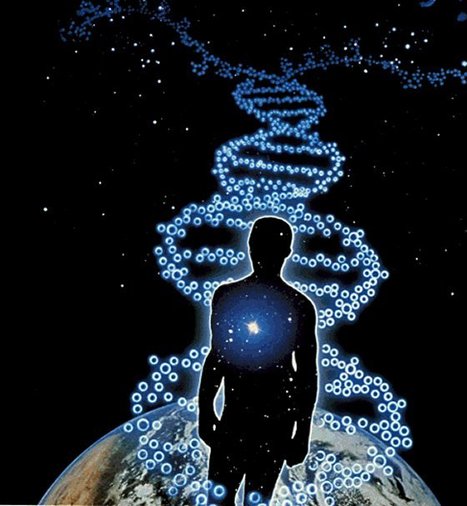

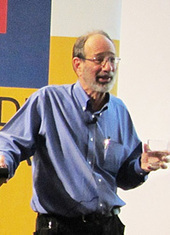

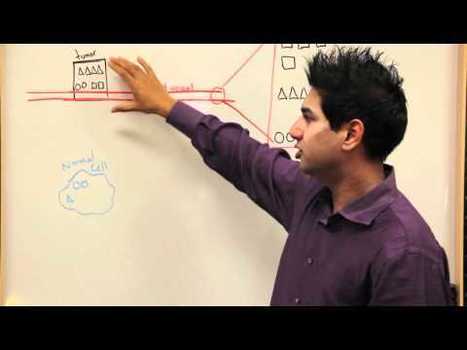








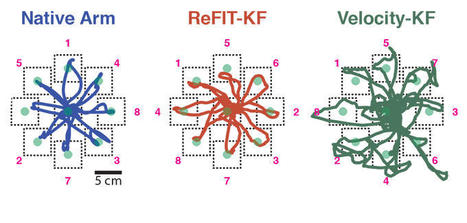




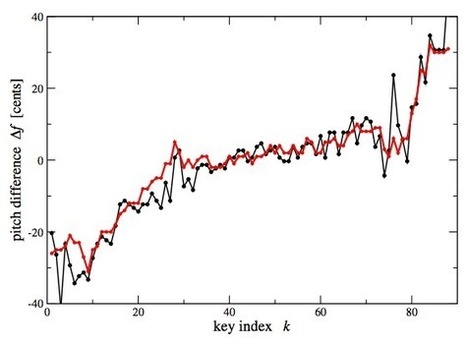











New thinking in how life might have arisen on a lifeless planet, by shifting emphasis to the origins of information control, rather than, for example, the onset of Darwinian evolution.
Watch a lecture from Dr. Walker, one of the authors (SETI Talks): http://youtu.be/dPiI4nYD0Vg